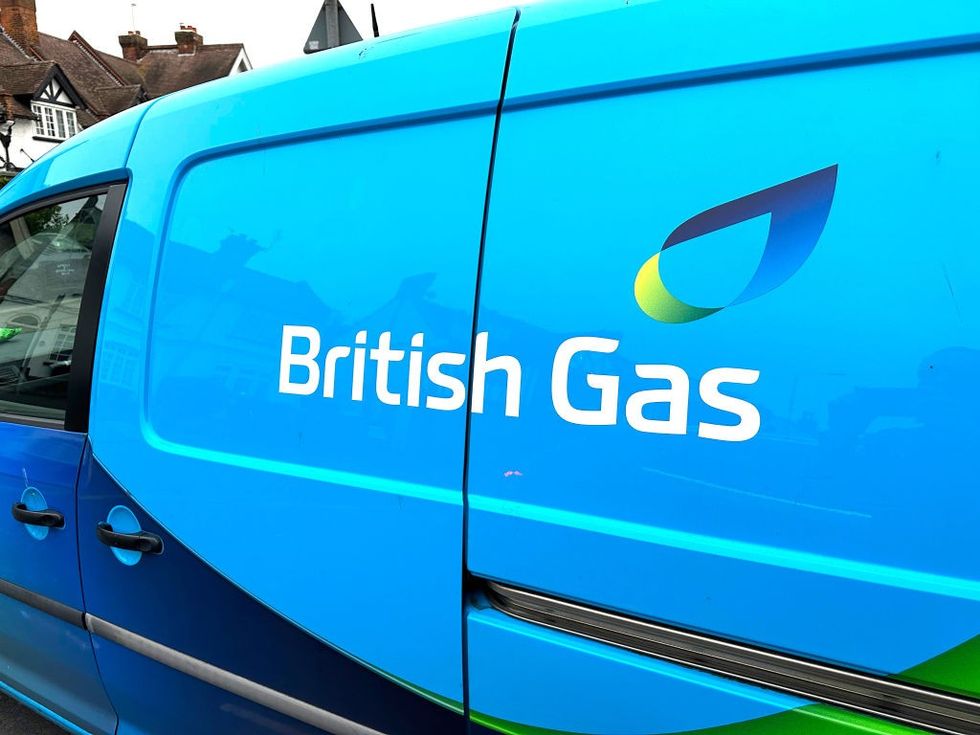



British Gas is urging households across Britain to get ready for winter now, after more than 1.2 million customers needed emergency help with broken boilers last season.
Engineers from the energy giant were repeatedly called out last winter when heating systems failed, leaving families without warmth or hot water at the coldest time of the year.
With most households expected to switch their heating on by late October, the company wants people to take action before problems arise.
"Now that summer is behind us, many people will be thinking about turning their heating back on for the first time since last winter and that's often when unwanted issues can appear," said Sunny Solanky, a service and repair engineer with British Gas.
The company’s top recommendation is bleeding radiators, particularly when the upper sections feel cooler than the bottom.
This can be easily fixed with a radiator key to release trapped air through the valve.
Keeping warmth inside is equally important. Self-adhesive foam strips can be used around window and door frames, while draught excluders block gaps under doors.
Even small details matter. Keyhole covers and letterbox brushes help stop cold air sneaking in.
British Gas also advises checking furniture placement.
Sofas or cabinets blocking radiators waste heat, while thicker curtains and rugs on bare floors help trap warmth.

British Gas is urging households across Britain to get ready for winter ahead of time
| GETTYPipes should be insulated to prevent freezing and bursting when temperatures plummet.
The company also highlights "zonal heating" as a clever way to save money — warming only the rooms in use rather than heating the entire home.
British Gas recommends keeping the thermostat between 18C and 21C to balance comfort and efficiency.
"Keeping your boiler in good working order is key to making sure everything runs smoothly, and a few simple changes around the home can also make a real difference to your comfort and energy use," Mr Solanky said.
 British Gas customers can save some extra cash | GETTY
British Gas customers can save some extra cash | GETTY
The company’s data shows that while some households fire up their boilers during September’s first cold snap, most wait until late October or after four consecutive days below 9C.
The ‘magic number’ to remember is just one degree.
Dropping the thermostat by this amount can save around £75 each year, roughly 10 per cent off heating bills.
Timing heating schedules is another way to save.
British Gas suggests setting the heating to come on 15 minutes before waking up, so the home is warm when people get out of bed.
In the evening, switching it off half an hour before going to sleep keeps the house warm while avoiding wasted energy overnight.

Martin Lewis, founder of MoneySavingExpert, has urged households not to passively accept the new energy price cap
| PAThese small adjustments can make a significant difference to both comfort and costs during the winter months.
The energy cap price rose slightly in October, setting the typical annual bill for a dual-fuel household at £1,755—up £35 from the previous quarter.
Ofgem’s latest cap limits gas to 6.29p per kilowatt hour and electricity to 26.35p, covering around 20 million households in England, Wales and Scotland.
Prepayment customers now pay slightly less than those on direct debit, with a typical annual bill of £1,707 for the October–December period.
Campaigners are urging further support for struggling households, after energy debt hit a record £4.4billion between April and June.
Martin Lewis, founder of MoneySavingExpert, has urged households not to passively accept the new energy price cap, warning that “staying on the standard tariff means ripping yourself off.”
Despite the 10 per cent rise that took effect in October, Mr Lewis pointed out that wholesale energy prices have actually fallen, and that creates a window of opportunity for consumers to act.
Some fixed-rate deals are already cheaper than the previous cap, allowing consumers to lock in a lower rate for the year ahead.
